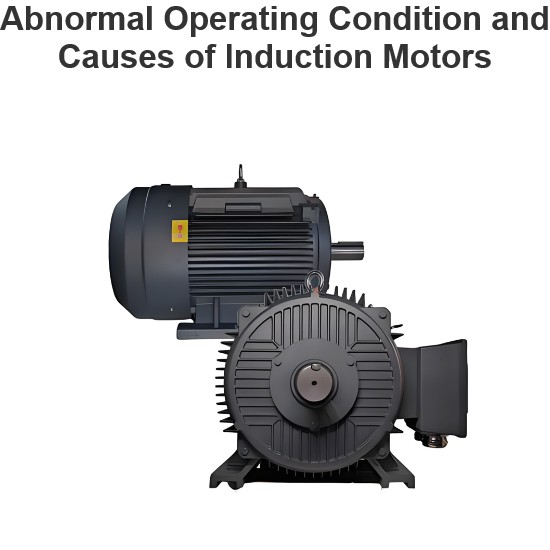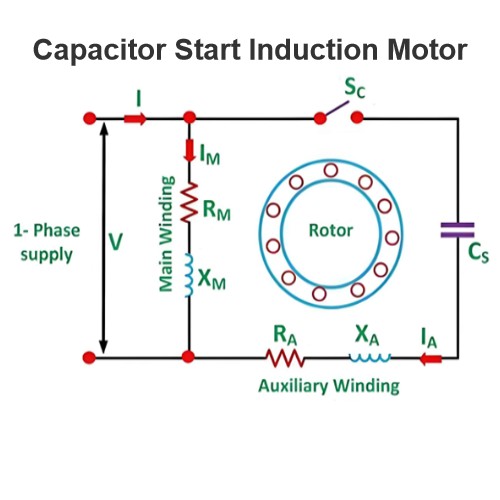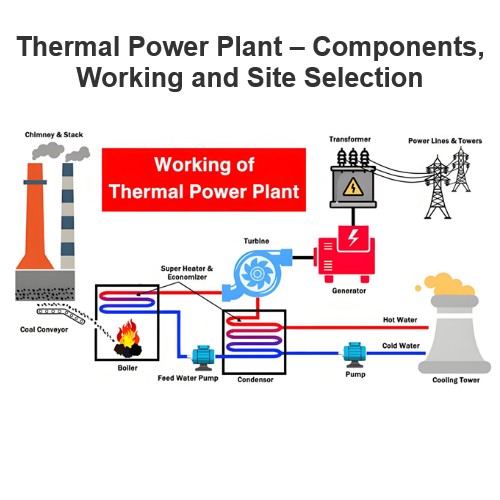What are the causes of excessive oil consumption in an engine?
The main reasons for excessive engine oil consumption include oil leakage, oil participating in combustion, improper selection and use of oil, and poor technical condition of the engine.
Oil Leakage
Crankcase rupture or oil seal leakage: This can lead to direct oil leakage and is one of the common reasons for excessive oil consumption.
Oil level in the sump is too high: Excess lubricating oil will be carried into the combustion chamber and burned, leading to excessive fuel consumption.
Oil Participates in Combustion
Damaged, stuck, or broken piston rings: Under normal conditions, piston rings scrape off the oil on the cylinder wall. When they are damaged, oil enters the combustion chamber and burns.
Valve stem oil seal wear: This can also lead to engine oil entering the combustion chamber and participating in the combustion process.
Incorrect Selection and Use of Engine Oil
Incorrect lubricant selection, low viscosity: Lubricants with too low a viscosity are more prone to burning.
Adding too much lubricating oil: Excess lubricating oil will be carried into the combustion chamber and burned.
Poor Engine Condition
Poor engine cooling: leads to a large amount of oil generating oil vapor, which enters the intake tract and is burned together with the mixture.
High engine speed: High RPMs cause more oil to be thrown onto the cylinder walls, increasing oil consumption.
Part aging or wear: The aging and wear of parts such as pistons, cylinder walls, and valves can also lead to excessive oil consumption.
The Electricity Encyclopedia is dedicated to accelerating the dissemination and application of electricity knowledge and adding impetus to the development and innovation of the electricity industry.













